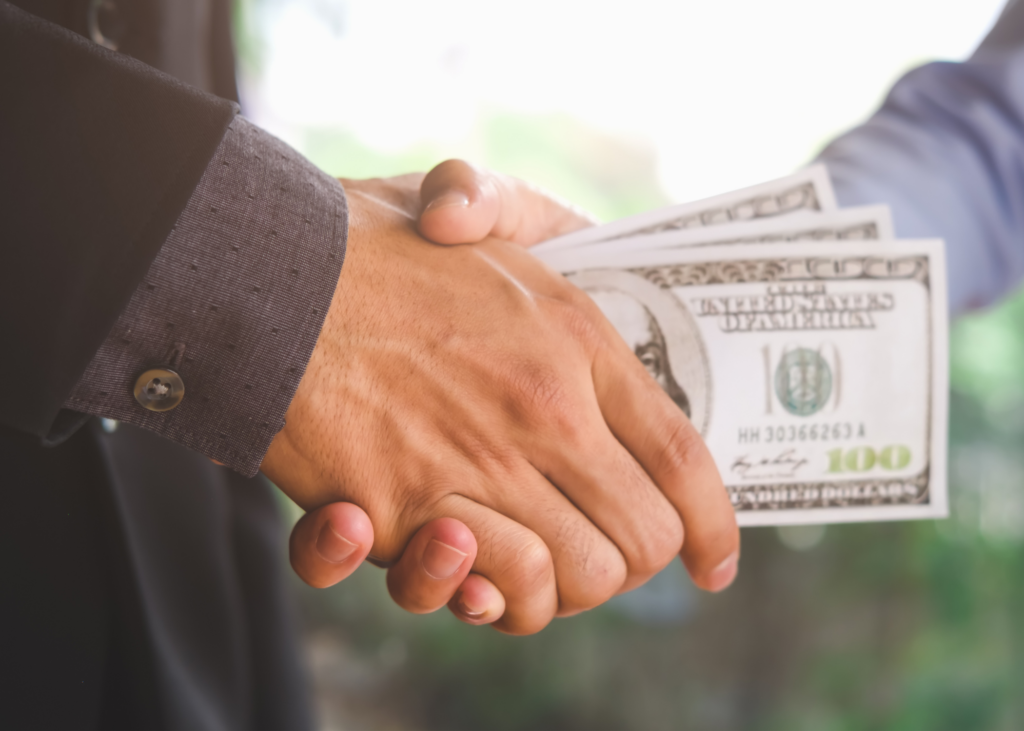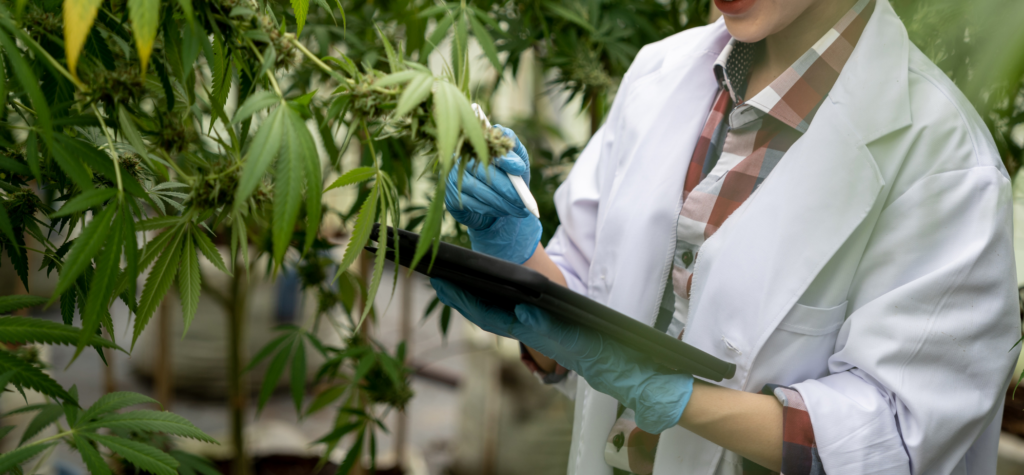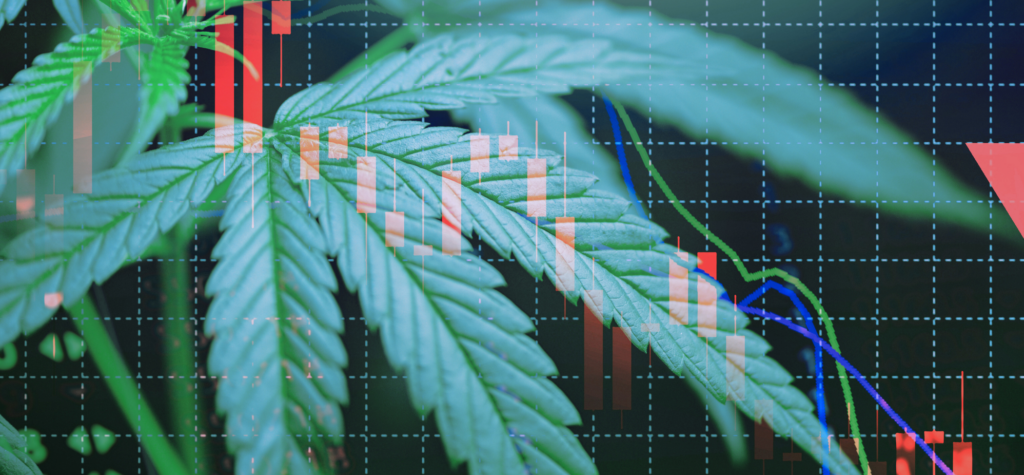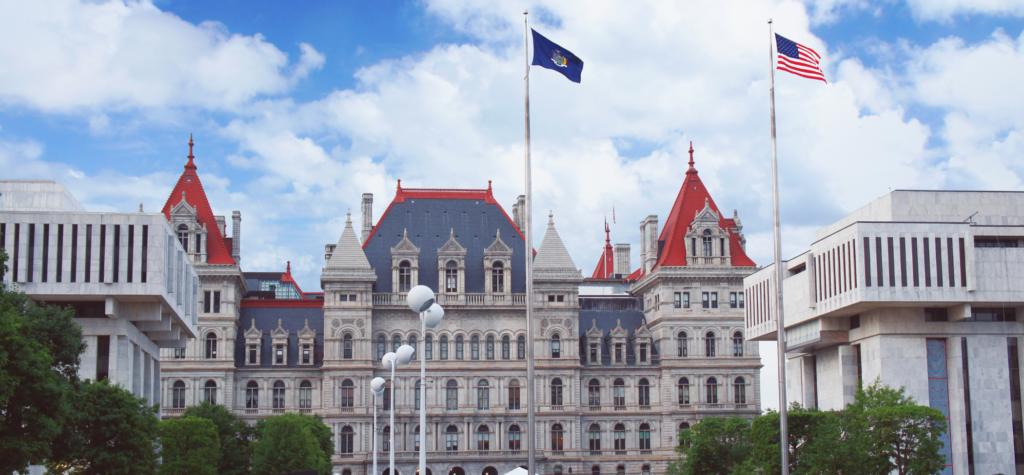Hochul’s Cannabis Tax Proposal Will Cut Costs, Aid Legal Sellers

Reprinted With The Permission Of Bloomberg Tax
New York Gov. Kathy Hochul’s proposal to replace the state’s cannabis potency tax with an excise tax will help lower taxes for the legal cannabis industry as a whole, say ABFinWright’s Rachel Wright, Abraham Finberg, and Simon Menkes.
New York Gov. Kathy Hochul (D.) on Jan. 16 recommended a replacement of the state’s cannabis potency act with a 9% wholesale excise tax. The new excise tax is part of the governor’s 2025 budget proposal and would be the responsibility of the state’s cannabis distributors to collect.
The benefits of replacing the potency tax are straightforward and would positively affect the expansion of the legal cannabis market as it rolls out in 2024. Such advantages would include:
- Significantly reduced record-keeping costs, both for cannabis businesses and for the state
- Lower taxes to the legal industry as a whole
- The replacement of an inflexible tax that doesn’t respond to market conditions with one that does
- Avoidance of lab shopping

Reduced Recordkeeping
In her budget, which would begin April 1, 2024, Hochul states her replacement of the potency tax with a wholesale excise tax primarily “simplifies, streamlines, and reduces the tax collection obligations and burden for cultivators, processors, and distributors.” She estimates reduced government recordkeeping as well, which would save the state $6.5 million.
Industry record-keeping costs for the potency tax are significant and can be particularly burdensome for smaller, less highly capitalized, social equity cannabis companies. With three levels of tax—3 cents per milligram on edibles, 0.8 cents per milligram on concentrates, and 0.5 cents per milligram of THC on flower—there is a lot of information that must be recorded and tracked.
The potency tax also requires a lab to come to the production site, collect the samples, and transport them back to the lab where they’re tested. New York is one of the few states that requires this additional costly activity.
Simpler recordkeeping would translate to a lower barrier to entry for new cannabis businesses, many of whom are smaller with a reduced budget. Ease of movement within the legal market is also improved.

Lower Taxes
Any reduction in tax puts New York’s legal cannabis industry in a more competitive position with the illegal market, and the new wholesale excise tax should produce a significant drop in tax expense.
In a detailed analysis, New York cannabis tax attorneys Jason Klimek and James Mann analyzed the costs of the potency tax. The December 2022 report noted tax of $1.50 on $8.05 worth of wholesale flower, $6.40 tax on a $19.60 wholesale cartridge, and $3 tax on an $8 edible.
Our analysis of the new 9% tax showed a 52% reduction from the potency tax on flower, a 72% reduction of tax on cartridges, and a 76% reduction in tax on edibles.
New Flexible Tax
Perhaps one of the biggest advantages of a new wholesale excise tax is that it is flexible and responds to swings in market price. The cost of cannabis has dropped dramatically in recent years.
This is reflected in a national retail price reduction from $10 per gram in 2016 to a low of around $4 per gram in 2022. With such wild swings in cost, a tax based on a fixed factor such as milligrams of THC increases the tax percentage as price drops.

Replacing this tax with one that floats with the market avoids creating an additional burden on legal cannabis businesses that already struggle in a down market.
Avoidance of Lab Shopping
Comparing results from different testing facilities is one tax planning technique wholesale cannabis companies in New York can use.
But while lab shopping for higher THC results is common in the cannabis industry, shopping for low results is unique and likely places an additional burden on New York’s industry because of this. And though lower listed THC results would save a legal business on its state taxes, it would further reduce the business’s competitive stance with illegal operations, all of which are touting higher levels of THC.

Taxes Still Too High
Klimek and Mann noted in their report that consumers are willing to pay no more than a 10% to 15% premium over the illicit market to purchase state-legal cannabis.
With a state retail excise tax of 9% on adult-use sales and a 4% local adult-use tax, the 9% wholesale excise tax is an improvement. But it’s still too high to allow legal cannabis companies to compete effectively with the illegal operations proliferating around the state.
New York’s cannabis industry has come to a standstill over several legal challenges to the licensing introduction. At this point, there are only 49 legal retail shops and 200 legal cultivators while thousands of illegal grows and dispensaries have popped up across the state, all operating with very little repercussion.
Though it appears those legal roadblocks may soon be resolved, the nascent retail cannabis industry has a long way to grow before it can compete effectively with the illicit market. Despite this truth, the industry welcomes any reduction in New York cannabis’s tax burden—and the governor’s replacement of the potency tax with a 9% excise tax is certainly that.

Reprinted with the permission of Bloomberg Tax:
Please note: This article does not necessarily reflect the opinion of Bloomberg Industry Group, Inc., the publisher of Bloomberg Law and Bloomberg Tax, or its owners.
About Our Authors
Rachel Wright, managing partner at 420 CPA (AB FinWright), specializes in cannabis accounting and taxation for multi-state and multinational entities.
Abraham Finberg, managing partner at 420 CPA (AB FinWright), has worked in the cannabis sector since 2009, counseling clients in business advisory and tax, from start-up through M&A and IPO.
Simon Menkes, CPA, supports AB FinWright’s clients and advisers through accounting and advisory services.
To contact the editors responsible for this story: Melanie Cohen at mcohen@bloombergindustry.com; Daniel Xu at dxu@bloombergindustry.com




